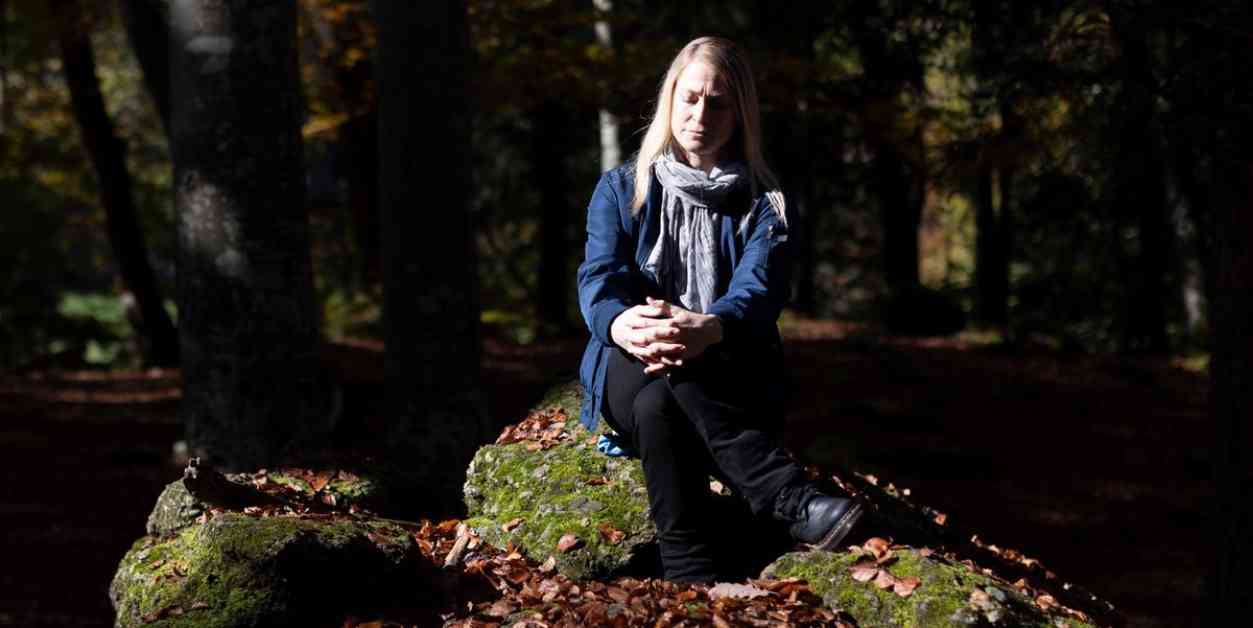Sarah Joliat, the president of Humusation Switzerland, is advocating for the right to human composting in Switzerland. She believes that everyone should have the choice to opt for this 100% natural burial method.
Human composting, also known as humusation, is still prohibited in Switzerland but is gaining traction as an eco-friendly alternative to traditional burial and cremation practices. The process involves allowing a body to decompose on a bed of organic materials, eventually turning into humus over approximately twelve months.
One of the main advantages of humusation is its ecological benefits. Without the need for a coffin or fossil fuels used in cremation, it is a more environmentally friendly option. However, public acceptance and legal regulations remain significant obstacles to its widespread adoption.
Many individuals who are drawn to humusation have a deep connection to nature and see it as a more natural way to return to the earth. The process involves placing the body on a bed of wood chips and organic matter, wrapping it in a biodegradable shroud, and allowing nature to take its course.
Despite concerns about potential odors or animal interference, proponents of humusation argue that a well-made composting mound will not emit any smells and will deter animals from approaching. The resulting humus can be used in various ways, such as creating a memorial forest or as a source of fertilization for the soil.
While humusation is still illegal in Switzerland, organizations like Humusation Switzerland are actively working to promote the practice and engage in discussions with policymakers. Similar initiatives in countries like Belgium have shown promising results, with successful tests conducted on animal remains.
In addition to human composting, the conference organized by Pompes Funèbres Cassar this weekend will also address the often-overlooked topic of animal mourning. Micaëla Gsponer, who runs a pet funeral service, will discuss the challenges faced by individuals grieving the loss of a beloved animal companion.
The event will feature nine free presentations on topics ranging from Islamic funeral rites to the legal aspects of mourning, providing valuable insights into different aspects of death and mourning practices. By opening up discussions on these taboo subjects, the conference aims to promote a more open and informed dialogue around end-of-life decisions.
Overall, the growing interest in alternative burial practices like humusation highlights a shift towards more sustainable and environmentally conscious approaches to death and mourning. As discussions continue and awareness grows, it is essential to consider the diverse perspectives and needs of individuals when it comes to honoring the deceased and coping with loss.









![Indie music fans gather at l’Antipode for [Face B] Kool Things soirée on Saturday night news-15112024-105933](https://shanghainewstv.com/wp-content/uploads/2024/11/news-15112024-105933-218x150.jpg)







